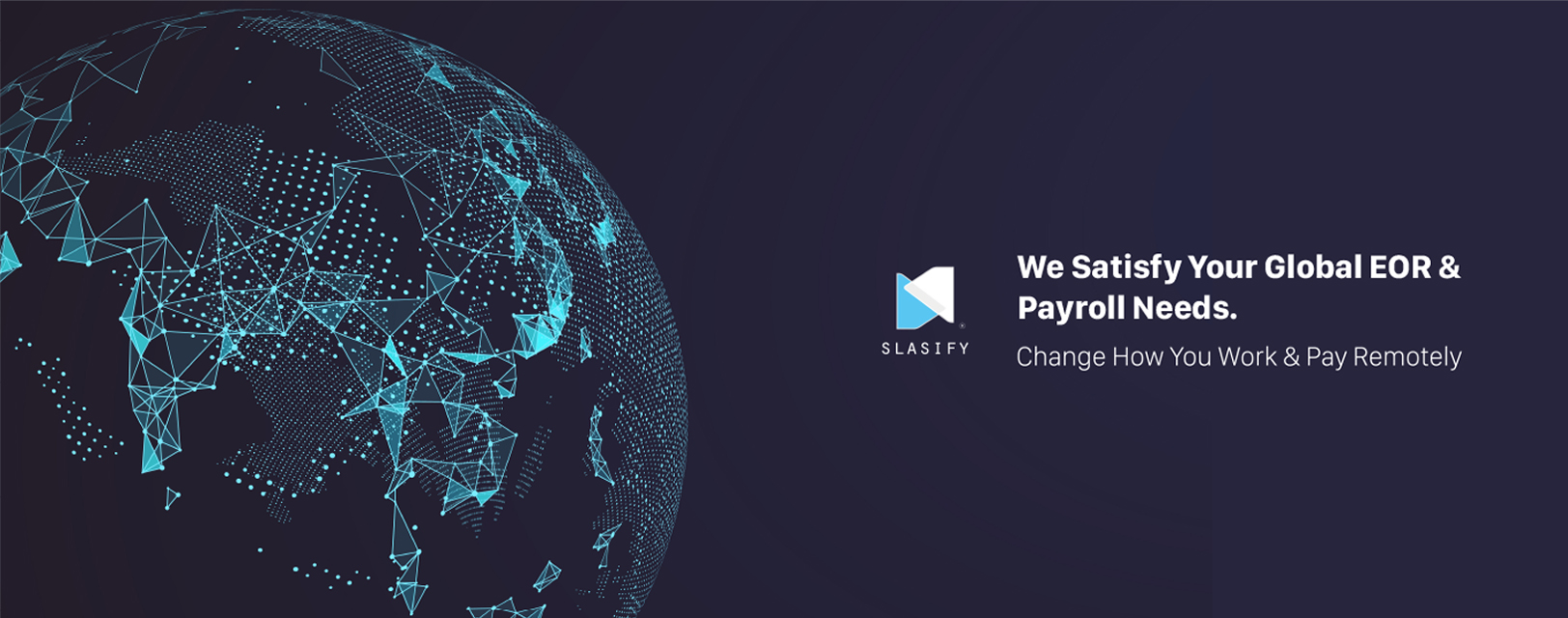Top Payroll Challenges Faced by Businesses in Singapore
Managing payroll in Singapore is a complex and time-consuming task due to the country’s dynamic business landscape, ever-evolving regulatory environment, and diverse workforce. With a thriving economy and strict regulations governing areas such as mandatory contributions and tax compliance, businesses face the challenge of staying updated and ensuring accurate calculations. Additionally, managing employee benefits, deductions, and integrating payroll with HR systems adds another layer of complexity. However, by embracing modern payroll solutions, businesses can streamline their processes, automate compliance, enhance data security, and focus on core operations, ultimately driving productivity and success in Singapore’s competitive business environment.

Complex Payroll Regulations
Singapore has stringent payroll regulations that businesses must adhere to, including the calculation of mandatory contributions, such as the Central Provident Fund (CPF), Skills Development Levy (SDL), and foreign worker levies. These regulations require meticulous attention to detail and up-to-date knowledge to ensure accurate compliance. For businesses, especially those with limited HR resources, navigating through the complexities of these regulations can be a daunting task. Mistakes in payroll calculations or incorrect handling of mandatory contributions can result in financial penalties, legal issues, and reputational damage.
To simplify compliance with payroll regulations, businesses can invest in a reliable payroll software solution that is regularly updated with the latest regulatory changes. By leveraging integrated payroll systems, companies can automate the complex calculations involved in determining mandatory contributions accurately. These systems can handle the intricacies of CPF, SDL, and foreign worker levies, minimizing the risk of errors and ensuring compliance. With automated compliance processes, businesses can alleviate the burden on their HR teams and focus on other strategic initiatives, confident in the accuracy and reliability of their payroll calculations.
Changing Tax Laws
Tax laws in Singapore undergo regular updates, necessitating businesses to stay abreast of the latest changes to accurately calculate and withhold taxes from employee salaries. These updates can encompass adjustments to tax rates, allowances, and incentives, which can significantly impact payroll calculations. Failing to adapt quickly and accurately to these changes can lead to errors in tax calculations and potential non-compliance with tax obligations.
To effectively manage changing tax laws, businesses can partner with a reputable payroll service provider that actively monitors and keeps track of tax law updates. These specialized providers possess in-depth knowledge of tax regulations and can help businesses navigate the complexities of implementing tax changes. They can provide guidance on necessary adjustments to payroll calculations, ensuring accurate and up-to-date tax withholdings. By relying on the expertise of these payroll service providers, businesses can remain compliant with tax laws and minimize the risk of errors, penalties, or audit-related issues. Collaborating with professionals who specialize in tax compliance allows companies to focus on their core operations while maintaining confidence in their payroll tax calculations.

Managing Employee Benefits and Deductions
Singapore offers a diverse array of employee benefits and deductions, catering to various needs and circumstances. These encompass essential provisions like medical benefits, additional incentives like bonuses, and compensation for overtime work. Moreover, employees have the option to make voluntary contributions towards retirement funds or other programs. However, accurately managing and processing these elements within the payroll system can pose challenges due to the intricate nature of individual requirements stemming from employment agreements or unique circumstances of each employee. These distinctions may include varying entitlements, contribution rates, or special considerations necessitating careful attention to detail during payroll processing to ensure compliance and fairness for all employees.
Employing a payroll system that offers flexible configurations can simplify the management of employee benefits and deductions. Customizable payroll software provides businesses with the ability to define and automate complex calculations specific to each employee’s circumstances. This includes the inclusion of specific benefits, such as healthcare coverage or retirement contributions, as well as deductions for taxes, loans, or voluntary employee contributions. With a robust and adaptable payroll system, businesses can streamline the process of managing employee benefits and deductions, reducing manual errors and ensuring accurate and consistent calculations for each employee. This not only saves time and effort but also promotes transparency and fairness in the payroll process, fostering employee satisfaction and trust.
Integration with HR Systems
Efficient payroll processes rely heavily on accurate and up-to-date employee data from HR systems, including attendance records, leave applications, and employee information. However, many businesses struggle with integrating their payroll and HR systems, leading to manual data entry and increased risk of errors. Adopting an integrated HR and payroll system eliminates the need for duplicate data entry and ensures seamless data synchronization. Such systems enable real-time data updates, reducing the chances of payroll discrepancies. By implementing an integrated solution, businesses can streamline their payroll processes, improve data accuracy, and enhance overall efficiency in managing employee information, ultimately leading to smoother payroll operations and reduced administrative burden.
The adoption of an integrated HR and payroll system proves instrumental in streamlining data management. By implementing such a system, businesses can eliminate the need for duplicate data entry and manual data transfers between disparate systems. Instead, the integrated solution allows for seamless data synchronization and real-time updates, ensuring that the payroll system operates with the most accurate and current employee information. This integration minimizes data entry errors, reduces administrative overhead, and enhances overall efficiency in managing payroll processes. Ultimately, businesses can achieve greater accuracy, reliability, and timeliness in their payroll operations, providing a smoother experience for both HR teams and employees alike.

Data Security and Confidentiality
Protecting the security and confidentiality of payroll data is of paramount importance due to its sensitive nature, encompassing critical employee details like salary information, bank account numbers, and identification documents. In an era marked by increasing data breaches and cyber threats, businesses must prioritize the safeguarding of payroll data. A security breach can have severe consequences, including financial fraud, identity theft, and reputational damage. Therefore, implementing robust data security measures, such as encryption, access controls, and partnering with trusted payroll vendors known for their strong track record in data protection, is essential to minimize the risk of data breaches and ensure the utmost security and confidentiality of payroll information.
To ensure the integrity of payroll data, it is essential to implement robust data security measures. Encryption of sensitive data ensures that even if unauthorized access occurs, the information remains unreadable and unusable. Access controls should be implemented to restrict data access to authorized personnel only, reducing the risk of unauthorized viewing or tampering. Regular data backups are crucial to prevent data loss in the event of system failures or security incidents, enabling timely data recovery and minimizing disruption.

In conclusion, navigating the intricacies of payroll management in Singapore can be a daunting task due to the complexities of regulations, evolving tax laws, and the need to handle employee-specific benefits. However, by embracing modern payroll solutions and collaborating with trusted service providers, businesses can effectively address these challenges and unlock numerous benefits. Streamlining payroll processes through automation and integration with reliable payroll software allows for accurate compliance with complex regulations, minimizing the risk of errors and legal issues. Furthermore, keeping up-to-date with evolving tax laws becomes more manageable with the assistance of knowledgeable payroll service providers who can guide businesses through necessary adjustments.
By efficiently managing employee benefits and deductions with customizable payroll systems, organizations can ensure fairness and accuracy in compensation. Integrating HR and payroll systems eliminates the need for duplicate data entry, enhancing efficiency and reducing the risk of errors. Additionally, implementing robust data security measures safeguards sensitive payroll information, protecting against data breaches and maintaining employee trust. Ultimately, by overcoming these challenges, businesses can focus on their core operations, support their employees effectively, and drive improved productivity and overall success.
Slasify is designed for remote workers. We provide payroll calculation, social security payment and tax filing in more than 150 countries around the world, allowing business owners/talents to seamlessly connect with the world. We have practical experience in serving the world’s top 100 companies. If you have relevant needs, please feel free to contact us.
In addition, if you are a “remote worker” or are on the way to becoming a “remote worker”, and if you want to know more about it, you are welcome to visit Slasify’s website. If you have any questions, you are welcome to write an email to us!




